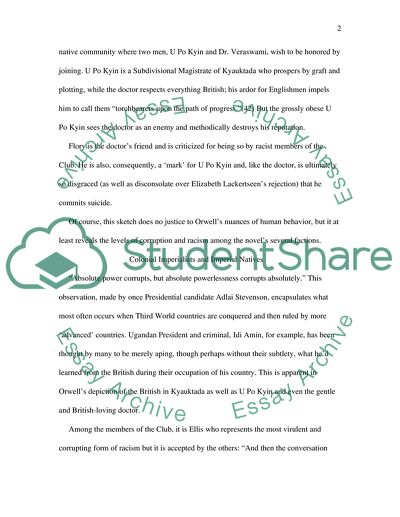Cite this document
(“Orwell Essay Example | Topics and Well Written Essays - 1000 words”, n.d.)
Retrieved from https://studentshare.org/miscellaneous/1540429-orwell
Retrieved from https://studentshare.org/miscellaneous/1540429-orwell
(Orwell Essay Example | Topics and Well Written Essays - 1000 Words)
https://studentshare.org/miscellaneous/1540429-orwell.
https://studentshare.org/miscellaneous/1540429-orwell.
“Orwell Essay Example | Topics and Well Written Essays - 1000 Words”, n.d. https://studentshare.org/miscellaneous/1540429-orwell.


